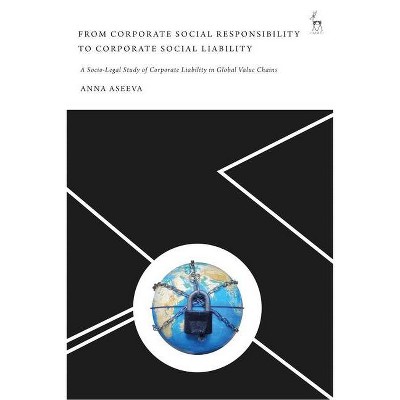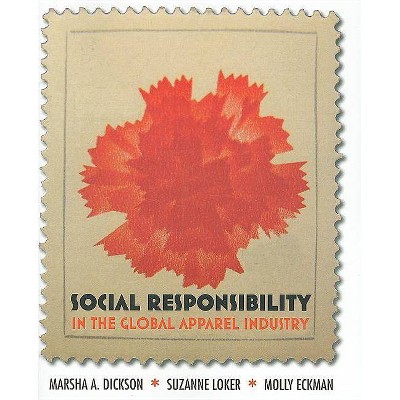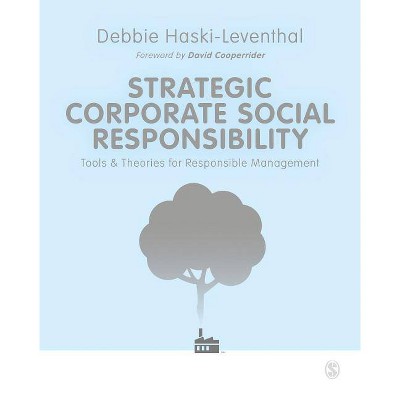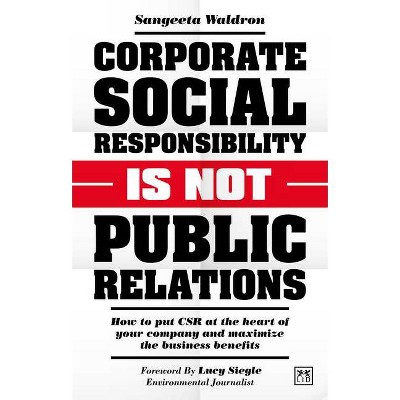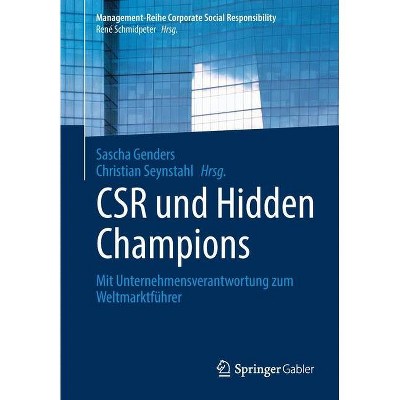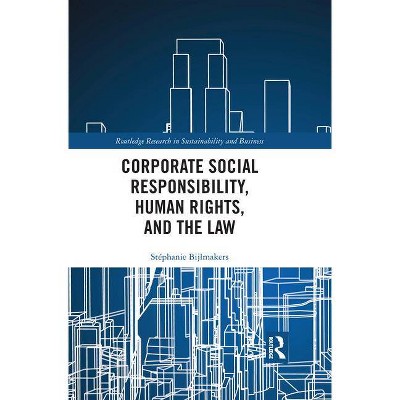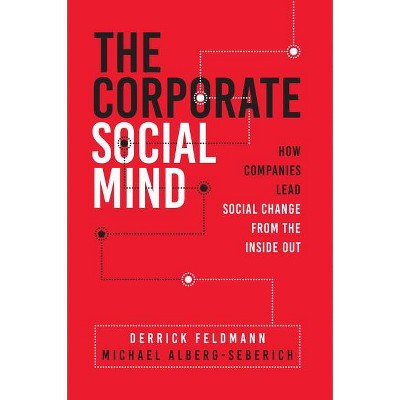Governing Corporate Social Responsibility in the Apparel Industry After Rana Plaza - by Anil Hira & Maureen Benson-Rea (Hardcover)
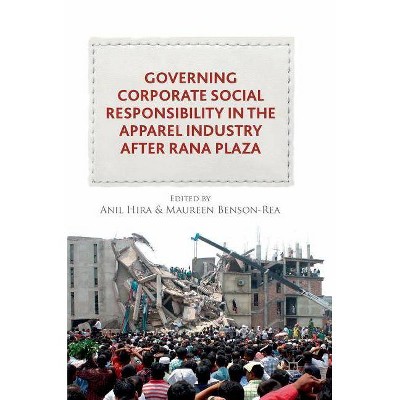
Similar Products
Products of same category from the store
AllProduct info
<p/><br></br><p><b> About the Book </b></p></br></br>"This edited collection critically explores the efforts of the apparel industry to improve safety conditions and suggests governance reforms that will resolve lingering issues. The volume examines two consortia: the Alliance and the Accord, which set up cooperative auditing systems of supplying factories and penalties for non-compliance, and include funding to help factories comply and for workers if factories are idled during repairs, though the editors raise doubts about the long-lasting value of such efforts. In the wake of the 2013 Rana Plaza disaster, leading researchers across labor relations and industry studies tackle and debate such issues, giving their perspective of how multinationals operating in developing countries should regulate labor standards in order to resolve and improve the substandard working conditions under which much of our clothing is made"--Page 4 of cover.<p/><br></br><p><b> Book Synopsis </b></p></br></br><p>This edited collection critically explores the efforts of the apparel industry to improve safety conditions and suggests governance reforms that will resolve lingering issues. The volume examines two consortia: the Alliance and the Accord, which set up cooperative auditing systems of supplying factories and penalties for non-compliance, and include funding to help factories comply and for workers if factories are idled during repairs, though the editors raise doubts about the long-lasting value of such efforts. In the wake of the 2013 Rana Plaza disaster, leading researchers across labor relations and industry studies tackle and debate such issues, giving their perspective of how multinationals operating in developing countries should regulate labor standards in order to resolve and improve the substandard working conditions under which much of our clothing is made. </p><p/><br></br><p><b> From the Back Cover </b></p></br></br>This edited collection critically explores the efforts of the apparel industry to improve safety conditions and suggests governance reforms that will resolve lingering issues. The volume examines two consortia: the Alliance and the Accord, which set up cooperative auditing systems of supplying factories and penalties for non-compliance, and include funding to help factories comply and for workers if factories are idled during repairs, though the editors raise doubts about the long-lasting value of such efforts. In the wake of the 2013 Rana Plaza disaster, leading researchers across labor relations and industry studies tackle and debate such issues, giving their perspective of how multinationals operating in developing countries should regulate labor standards in order to resolve and improve the substandard working conditions under which much of our clothing is made. <p/><p/><br></br><p><b> About the Author </b></p></br></br><p>Andy Hira is Professor of Political Science at Simon Fraser University, Canada. He is an expert on economic competitiveness, with an emphasis on the challenges for developing countries. He is the author of What Makes Clusters Competitive? Cases from the Global Wine Industry and Mapping Out the Triple Helix: How institutional coordination is achieved in the global wine industry.</p><p> </p><p> </p>Maureen Benson-Rea is Senior Lecturer Associate Professor of Management and International Business at the University of Auckland Business School, NZ. She has published extensively in the areas of international business, strategy, and marketing in such publications as Multinational Business Review and Journal of Business Research. She has also published on South Asian suppliers in the Global Apparel Value Chain, and is currently leading research projects on multinational decision-making and anti-consumption.<p></p>
Price History
Price Archive shows prices from various stores, lets you see history and find the cheapest. There is no actual sale on the website. For all support, inquiry and suggestion messagescommunication@pricearchive.us
